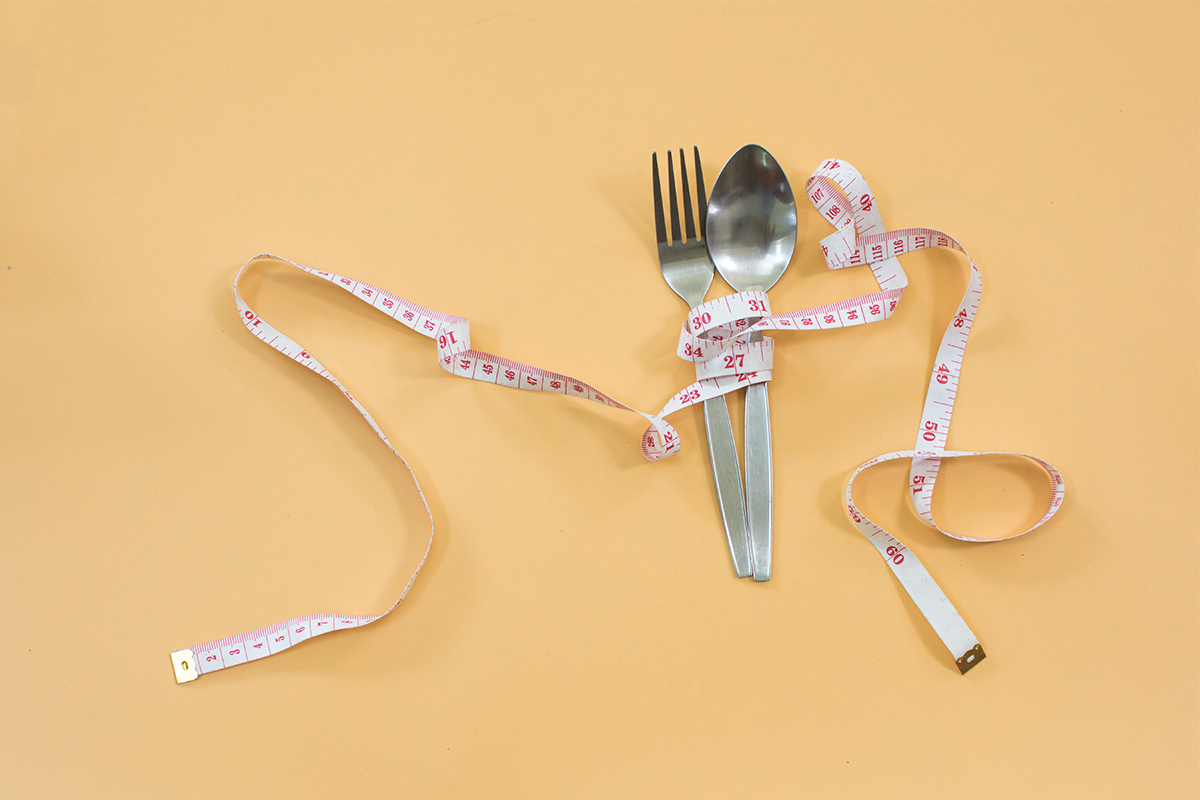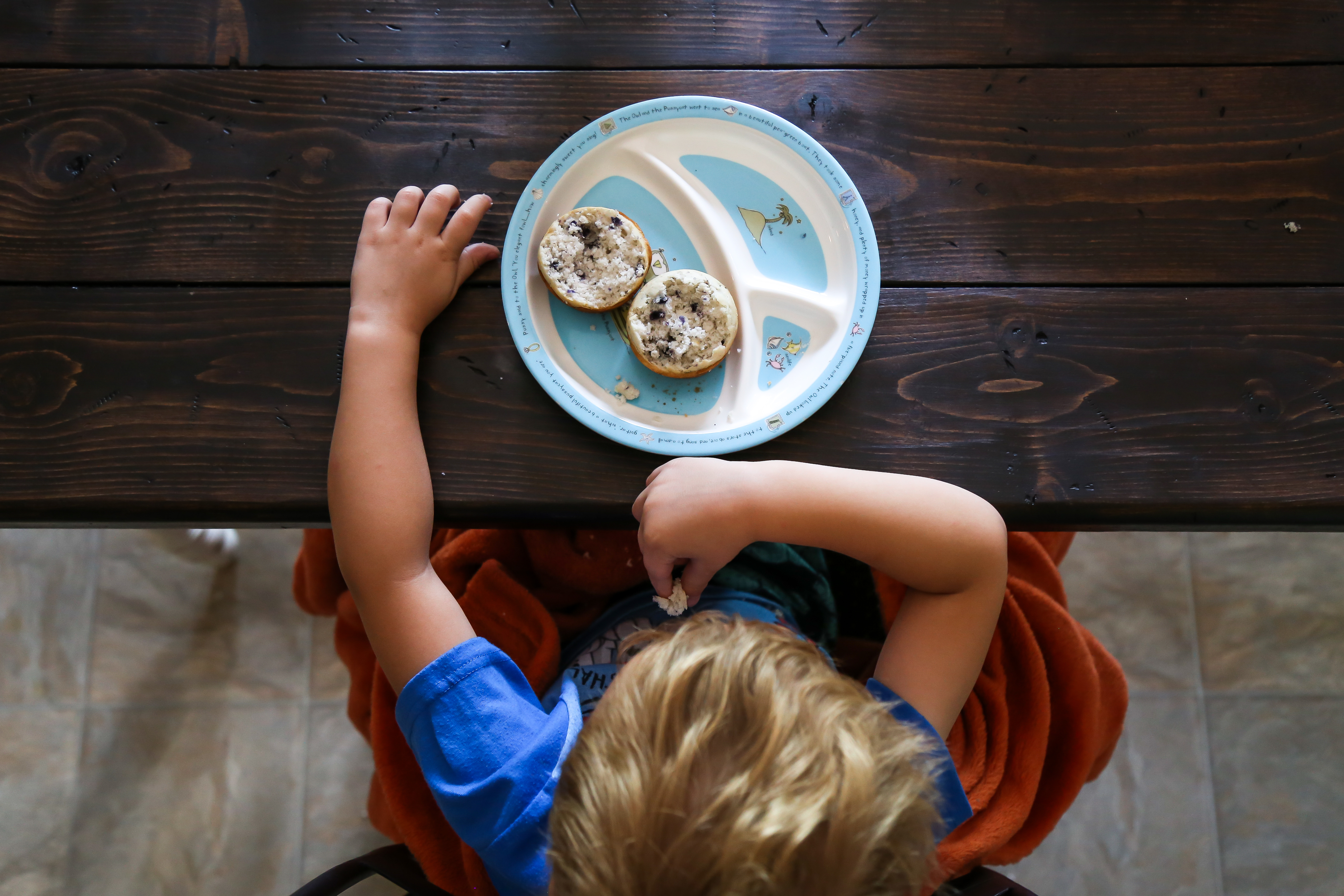According to a new study published in The Journal of Nutrition, dietary choices seem to have a greater impact on childhood weight gain than time spent exercising, as reported by The New York Times.
Dr. Sam Urlacher, an anthropologist from Baylor University, spent time living and studying amongst the Shuar people of Ecuador, an Indigenous group that relies on foraging, fishing and farming for sustenance. In sharp contrast to the Western world, obesity isn’t an issue amongst Shuar children. Dr. Urlacher wanted to know why: does it trace back to the food these children eating, or all the movement they do to get that food?
He first semi-answered this question in 2019, when he compared the calorie-burning of the Shuar to youths in the United States and United Kingdom. The conclusion was profound. In the States, remember, nearly 20% of children aged 2-19 are obese. American adolescents sit over eight hours a day. And yet, Shuar children do not burn more calories than their counterparts in two of the world’s heaviest countries.
How is that possible? Dr. Urlacher’s research is in conversation with the work of Duke University’s Dr. Herman Pontzer, which suggests that we evolved to expend a limited amount of energy (calories). This happened over millennia, to ensure we wouldn’t die from starvation whenever food was scarce. Dr. Pontzer conducted his study a world away, alongside adults in Tanzania, but Dr. Urlacher’s findings corroborate this idea: more movement throughout the day won’t necessarily lead to a trimmer figure. The body just isn’t willing to burn that many more calories.
A conscious diet can help shed pounds, though. Dr. Urlacher’s most recent study compares fitness tracking data and food intake of the hunter-gatherer Shuar children, with Shuar children whose families moved to a nearby city. In the city, there was a market with meat, dairy products, white rice and candy. A third of the “urban” cohort was overweight. Not one child in the foraging group was overweight.
This is yet another reminder that feeding kids highly processed junk is a terrible idea. This study isn’t anti-exercise, to be clear — consistent movement is obviously key to a healthier heart, strong muscles and bones, long-term happiness — but it’s making the point that in the fight against childhood obesity, which almost inevitably becomes a fight against adult obesity (43% of American adults are obese), you should start by assessing what’s on the plate.
Research like this should also dispel the notion that you can literally outrun a bad diet, or create a “rewards system,” where one workout class equals one slice of cake. At a young age, especially, it’s important to realize that the body is doing its best; it’s burning fuel all day long, regardless. You just need to give it the right fuel.
The Charge will help you move better, think clearer and stay in the game longer. Subscribe to our wellness newsletter today.


















